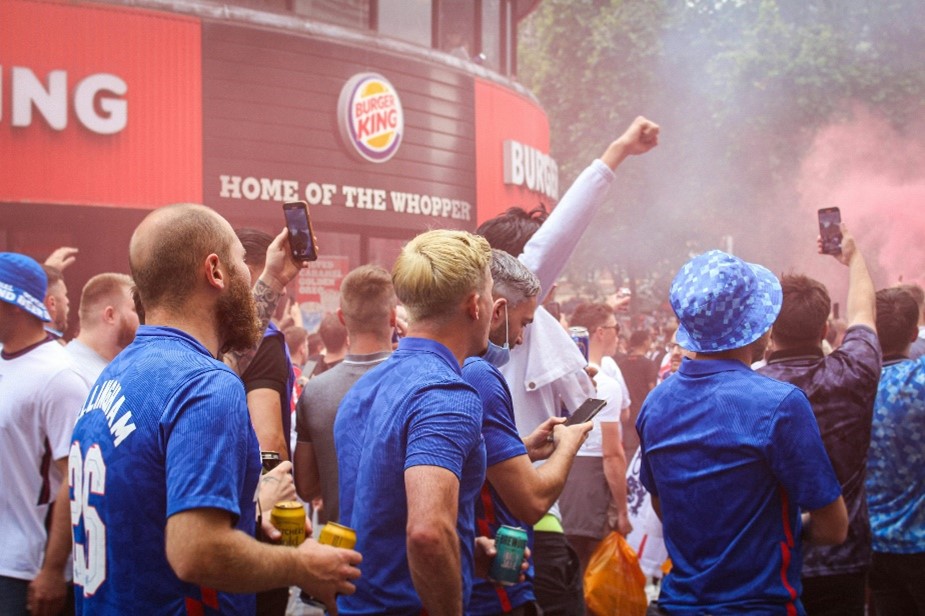With the food and beverage industry proving such a competitive marketplace, brands need to distinguish themselves to help them stand out against their competitors. However, with supermarket shelf space limited, products have to really compete for customers’ attention.
Here, we explain how PR can be the differentiator in determining which products are added to customers’ baskets, and which are left sitting on the shelves.
-
Brand awareness
Boosting a brand’s visibility is one of the main advantages of PR. Tactics such as press releases, sampling, product reviews, strategic partnerships and social media campaigns can all help to create buzz around a brand, new product launch or a specific promotion.
This helps to generate interest, increase products sales, and, ultimately secure a stronger foothold in the market. And of course, this will only help when it comes to securing further listings, as buyers will be sure to want a slice of the pie!
-
Building trust
The food and beverage industry is one in particular where brand trust is absolutely essential. Not only do buyers and customers need to know that your products are of high-quality, but, in today’s era of ‘greenwashing’, they also need to trust that your eco-credentials are what you say they are.
The Competition and Markets Authority (CMA) reports that 40% of claims made to consumers could be deemed misleading[1], so it’s unsurprising that consumers are increasingly becoming wary of brands.
This is where PR can have a big influence, to build trust in your brand by highlighting a company’s (genuine!) commitment to quality, sustainability and transparency – ultimately giving you an edge over your competitors.
-
Telling your brand’s story
At its very core, PR is all about great storytelling. People like to buy from people, which means that it’s vital for brands to communicate the human side to their organisation, if they want to stand out against competitors.
Telling this story can help your customers to feel a connection with the brand – and ultimately lead to more repeat purchases.
Consider Innocent Drinks – this a brand which is famous for its distinct tone of voice and strong values. And because this has been communicated so effectively, the brand has enjoyed consistent growth year on year – from £1.48bn in 2020 to £2.02bn in 2022.
-
Crisis management
The food and beverage industry is one that, by its very nature, is at greater risk of a crisis than many other sectors. With so many elements that could go wrong – from production processes to supply chain issues, it’s essential that brands are prepared for all eventualities, with a well-considered PR response.
Take, for example, the infamous Colin vs Cuthbert battle. When Aldi released its own take on M&S’ Colin the Caterpillar cake, M&S quickly filed a lawsuit, forcing Aldi to remove Cuthbert from its shelves.
However, what could have been a reputationally-damaging lawsuit actually ended up working in Aldi’s favour thanks to its tongue-in-cheek response. Aldi used its social media channels to cheekily troll M&S – launching its #FreeCuthbert campaign, and even rebranding M&S as ‘Marks and Snitches’.
The result? Social media users were quickly enthralled in the social media battle, and the Tweets even grabbed national headlines, with customers universally siding with Aldi and M&S being seen as the bad guys.
In conclusion, by driving awareness, building trust, differentiating from competitors, and managing crises effectively, brands can ensure that their products are added to customers’ shopping baskets, rather than being left on supermarket shelves.
If you’re a food or drink brand looking to stand out against your competitors and improve your sales, get in touch with us at hello@hatch.group
[1] https://www.gov.uk/government/news/global-sweep-finds-40-of-firms-green-claims-could-be-misleading





